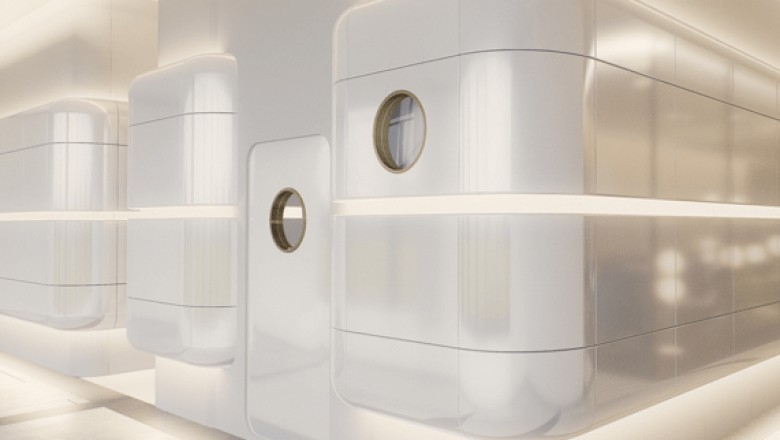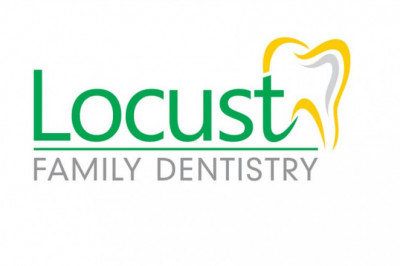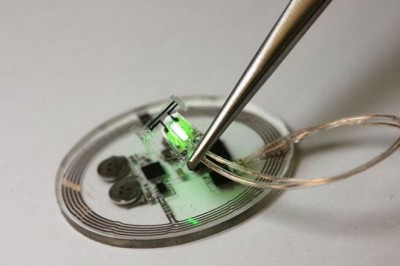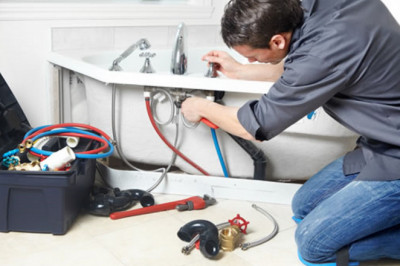views

Strokes can be life-threatening and often very scary. A stroke occurs when the blood flow to a particular part of your brain is cut off. Treatment for stroke depends on whether you're having an ischemic stroke or a hemorrhagic stroke. Read on to learn more about stroke treatment options, and what to expect in treatment for a stroke.
Ischemic Stroke Treatment
This is the most common type of stroke, and they are caused by blood clots blocking the flow of blood to your brain. Here are some common treatments-
- Aspirin- Aspirin thins your blood and is often used as the first line of defense by doctors to treat strokes.
- Stroke medication- stroke medications dissolve the blood clot that’s causing the stroke.
- Catheter embolectomy- This is used if medicine doesn’t do the trick. A doctor will use a catheter to remove the clot manually.
Hemorrhagic Stroke Treatment
These strokes are not as common. They occur when blood leaks into your brain and creates swelling and pressure. Here are some common treatments-
- Endovascular repair- This is when your surgeon will thread a thin wire and a catheter into the aneurysm. Then, they will release a coil into the area. This will prevent bleeding and rebleeding.
- Aneurysm clipping- This is a procedure in which a clamp will be permanently installed to prevent bleeding or bursting. It is normally considered only once an endovascular repair is no longer an option.
Preventative Treatments
Many doctors may recommend preventive treatments after a stroke. Normally this includes lifestyle changes based on the health of your heart. This could mean lowering your blood pressure, lowering your cholesterol, or managing your blood sugar levels.
How would this transmit to lifestyle changes? Through changing your exercise regimen, your diet, and your lifestyle habits. This may include changes such as-
- Adding in 30 minutes of exercise a day
- Eating more fruits and vegetables at every meal
- Quitting smoking
Stroke recovery
After the initial treatment comes recovery, an important part of the overall treatment plan. You should expect the following-
- Expect to be closely monitored for at least one day after the stroke.
- Expect to have an individualized recovery plan based on what parts of your brain were the most affected.
- Expect to be flexible with the timeline when it comes to full recovery.
Depending on what types of recovery you will need to do, you will likely see one or more of the following people-
- Occupational therapists- Occupational therapists will work with you on the fine motor skills that will allow you to eat, drink, and get ready for the day more easily.
- Speech therapists-Speech therapists will work with you to help you better produce and understand speech.
- Physical therapists-Physical therapists will work with you to relearn movement and coordination skills through different physical exercises.
- Psychologists-Psychologists or psychiatrists will work with you to help you treat depression and other emotional issues stemming from the stroke. They will also help you create action plans to carry on after the stroke while staying mentally well.












